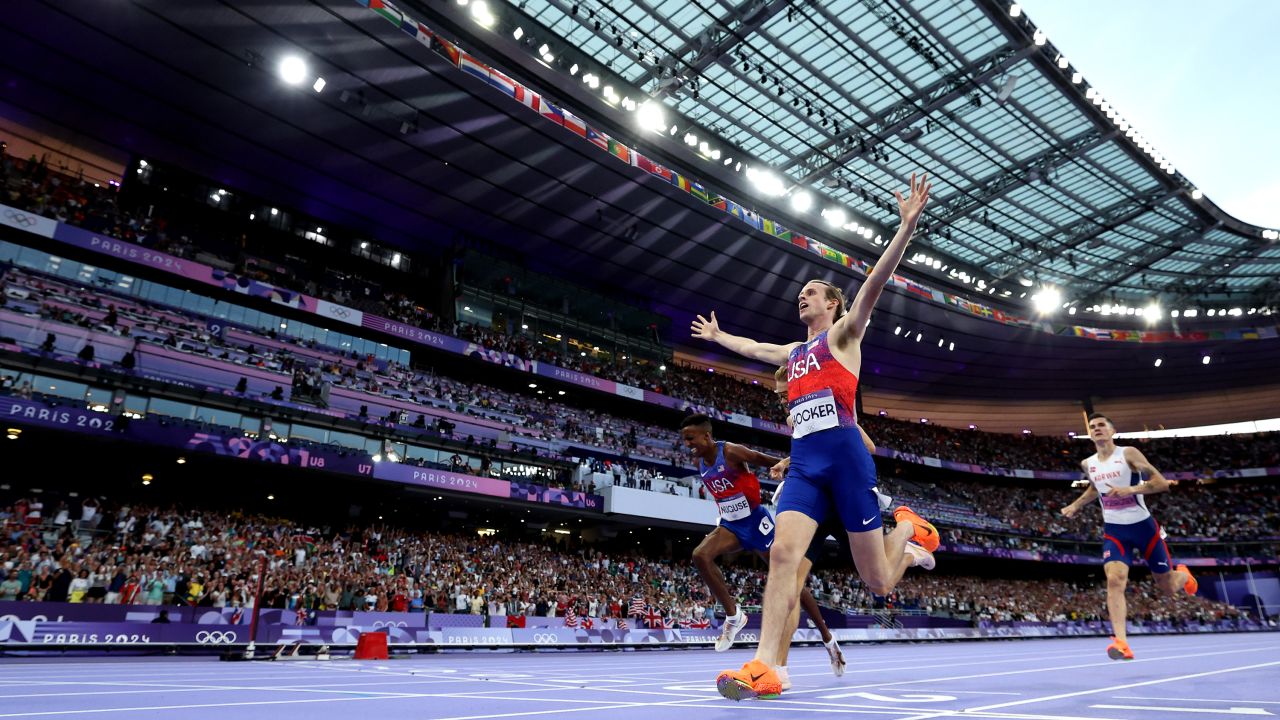When it comes to running, most athletes focus on training and endurance. Hydration often takes a backseat, but it plays a crucial role in performance. What you drink can impact energy levels, recovery, and long-term health.
Some drinks might even hinder your progress without you realizing it. Are you drinking the right fluids for your needs, or are you making mistakes? How do hydration habits influence your runs and recovery time?
The quality of the liquids you choose can make a difference. In this article, we’ll explore hydration best practices for runners and discuss what to avoid.
Why Hydration Is More Than Just a Pre-Run Checklist
Runners often focus on pace and distance, but hydration is just as vital. It affects how well your muscles function during short or long runs.
Mayo Clinic notes that drinking smart means choosing fluids that support your goals and recovery. Water is essential, but so is knowing what to avoid daily. Drinks with too much sugar or caffeine can disrupt hydration balance.
The right hydration routine helps prevent cramps, fatigue, and early burnout. It also helps regulate body temperature and blood flow during tough workouts. Think of it as fuel that keeps everything in motion efficiently. Small adjustments to what you drink can deliver big results.
How can hydration help regulate body temperature?
Hydration helps maintain a stable internal body temperature during physical exertion. When you’re hydrated, your body can sweat effectively to cool down. Dehydration impairs this natural cooling mechanism, increasing the risk of overheating during intense or long-duration runs.
Water Alone May Not Be Enough on Longer Runs
Short runs usually require nothing more than water to stay properly hydrated.
Verywell Fit states that an easy day workout helps your body and mind rest. Active recovery includes low-intensity exercises that increase your range of motion. A 30-45 minute walk, swim, or gentle yoga class can be ideal. These activities boost your stress relief, joint mobility, and daily caloric burn, promoting overall well-being.
If your workout lasts over 45 minutes, your body needs more support. You lose essential minerals like sodium and potassium through sweat every mile. Replacing these electrolytes helps your body maintain balance and avoid muscle cramps. Drinking only water might dilute sodium levels and make things worse.
Some runners experience dizziness, headaches, or fatigue from low electrolyte intake. Adding a natural electrolyte drink can be a game-changer during intense workouts. Avoid sugary sports drinks filled with artificial dyes and unnecessary chemicals. Keep your hydration clean, simple, and performance-focused always.
Can low electrolyte levels cause injuries while running?
Low electrolyte levels can increase the risk of injury due to muscle weakness and cramping. Poor hydration may also hinder joint lubrication, which increases stress on muscles and tendons. Replenishing electrolytes ensures that the body functions optimally, reducing injury risk during high-intensity runs.
When Hydration Sources Need a Second Look
BBC mentions that tap water is convenient and affordable, but not always the best option. Some regions report lingering contaminants like chlorine or heavy metals inside. While most public systems test regularly, not all risks are disclosed.
According to TruLaw, one group of harmful substances, called PFAS (per- and polyfluoroalkyl substances), has gained attention recently. These chemicals can come from industrial sites, airports, or even old military bases. A major source of PFAS is firefighting foam known as AFFF (aqueous film-forming foam).
This foam was used for decades during fire training and emergency response drills. Over time, it seeped into the soil and reached local water supplies across the country. Runners who hydrate daily from these sources may be consuming unsafe levels.
Communities affected by contaminated water have started filing lawsuits against foam manufacturers. The AFFF foam lawsuit claims that companies failed to warn the public about long-term dangers.
Clean water is essential and a basic right for every person on Earth. For athletes, it’s even more crucial as consistent hydration is key to their fitness routine. Being aware of your water source is vital for both maintaining performance and ensuring overall health.
Should athletes use filtered water for daily hydration?
Filtered water is recommended for athletes to avoid contaminants that may compromise performance. A good filtration system removes unwanted particles and chemicals that could interfere with hydration. Hydrating with clean, filtered water ensures that your body stays at its best without added risks.
Not All Hydration Drinks Support Recovery
Everyday Health highlights that many popular sports drinks are packed with sugar, caffeine, and synthetic ingredients. These products often do more harm than good after a long workout. Recovery drinks should help restore nutrients, and not cause more stress for your body.
Many commercial recovery drinks fail to provide the necessary balance of electrolytes and natural nutrients. Instead, they can add extra sugar, artificial sweeteners, or preservatives that hinder recovery. A recovery drink with too much sugar may slow down healing.
Natural hydration options keep your system balanced without any hidden downsides. Always check ingredients before trusting a colorful label.
Do plant-based hydration drinks support post-run recovery?
Plant-based hydration drinks like those made from coconut water are excellent for replenishing electrolytes. These drinks are rich in potassium, helping to restore fluid balance and muscle function. They are typically low in added sugars and provide a cleaner, more natural way to support recovery.
Hydration plays a crucial role in running performance as it affects energy, recovery, and overall health. Water is essential, but longer runs demand electrolyte replenishment to avoid imbalances and injuries. Many runners overlook the importance of the quality of the water they drink, which can be compromised by contaminants.
Choosing filtered water can ensure better hydration and support athletic progress. Additionally, opting for natural electrolyte sources over sugary commercial drinks promotes sustained energy and long-term health. Informed hydration choices are key to maximizing performance and protecting your body during intense training and recovery periods.



